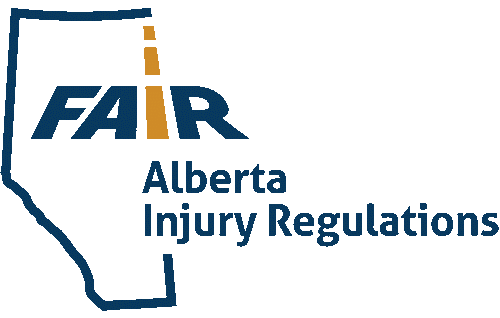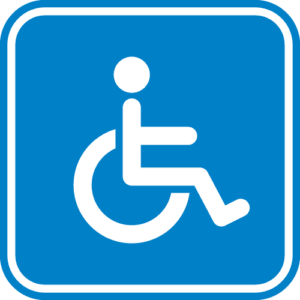In this Application for a Section 581 advance, there are two significantly new issues. Firstly, whether the disclosure of a settlement amount from a prior motor vehicle accident should be considered in a Section 581 Application. Secondly, whether the financial circumstances of the Applicant’s spouse should be taken into consideration on a Section 581 advance.
Prior to the Application, the other insurer from a prior motor vehicle accident disclosed the settlement amount to Certas Direct Insurance Company. The Court found that settlement privilege shields the settlement amount and that the privilege belongs to both parties to the settlement, and it cannot be waived by one party only. The Court heard that the other insurer’s disclosure of the settlement amount breached the privilege and the Plaintiff was entitled to proceed with his 581 Application on the basis that the settlement amount remained privileged.
The Court found it unusual that the Applicant left the settlement amount a mystery for the purposes of the Section 581 Application. The Applicant could have approached the other insurer for permission to disclose the settlement amount. This made it a problem for him because the Plaintiff has the onus of proving an inability to meet basic needs. Settlement privilege can be waived. The Plaintiff was unable to satisfy the burden of proof on the “necessities” issue and should have provided full disclosure.
Household income is relevant. The Court writes:
Where a claimant is in a spousal or common-law relationship, the “necessities of life” equation requires an x-ray of household income and assets. If the outcome of a “no advance payment” decision is that the claimant’s “basics” will continue to be covered by his partner, the test for funding is not met. He may have some obligation to square up with her down the road… But that does not mean his “necessities” will not be covered in the meantime.
In Patel, the Plaintiff failed to satisfy the burden of proof by failing to disclose household income.
The Court went on to consider the alternate test under the Fair Practices Regulation, Alta Reg. 12/2001, that “the payment is otherwise appropriate.” While the Applicant did provide evidence of an obligation to provide funding for his father living in India, the Court recognized that he did not provide any kind of financial snapshot for his father or his father’s household. For example, a duty of filial piety.
Learning from this case, we see that is important for an Applicant to provide all evidence of household income. A legal obligation of a household member to pay for the necessities of life of the Applicant is critical evidence to adduce for a 581 advance. This can be distinguished from Simpson v Cooperators General Insurance Co., [2017] A.J. No. 298. In that case, the Plaintiff was a young adult who had to live with his parents simply as a matter of fact of his economic position. His parents were not legally obligated to pay his rent or assist in paying his bills or to provide food for him.
It is also interesting to note that, in considering the evidence of the filial piety, we see the Court looking for evidence of payments to a parent and a financial “snapshot” for the parent or parents’ household. Applicants should be advised that full disclosure of all sources of income secures a much better chance of obtaining the s. 581 advance.








